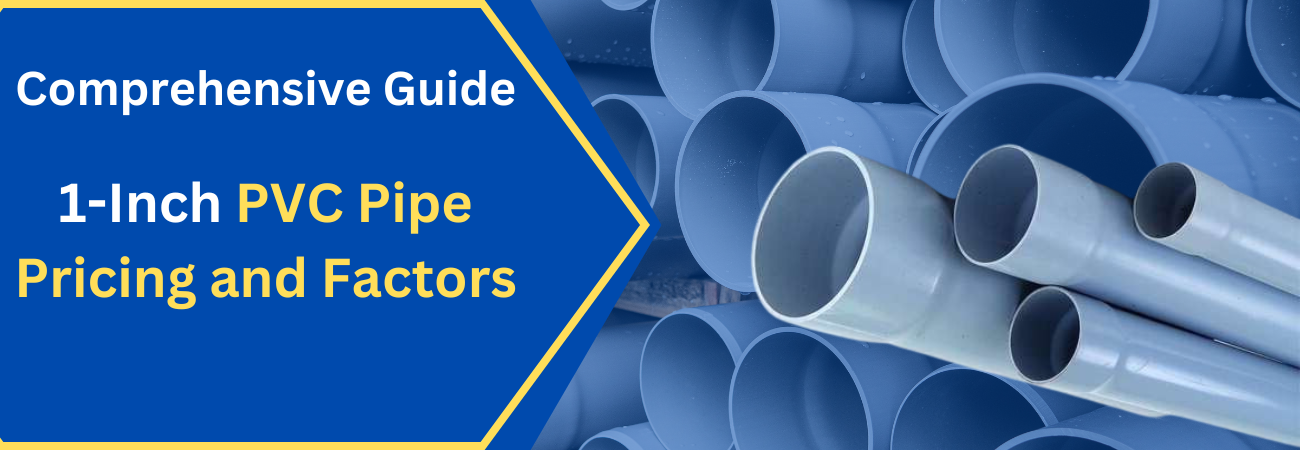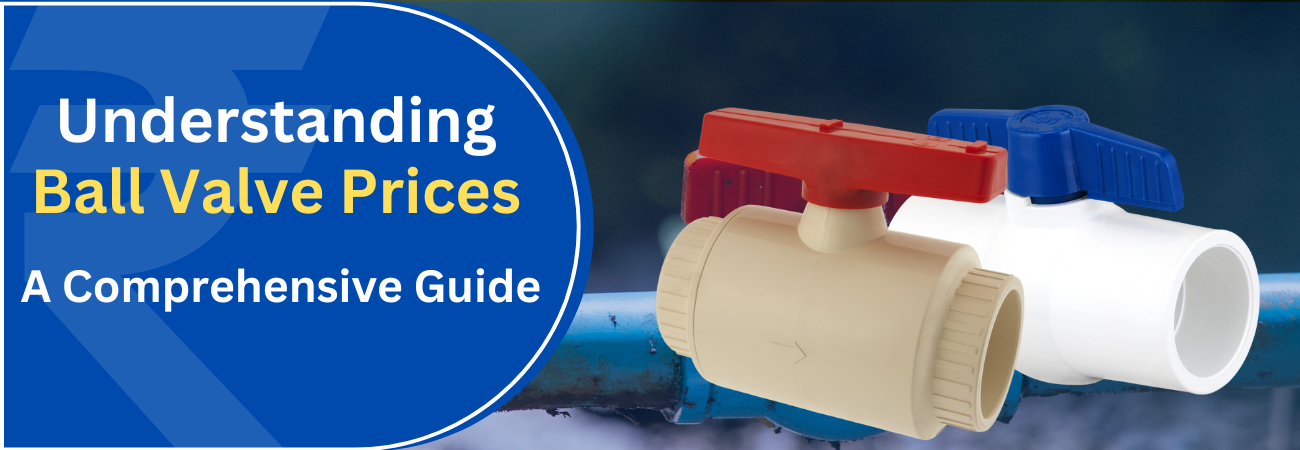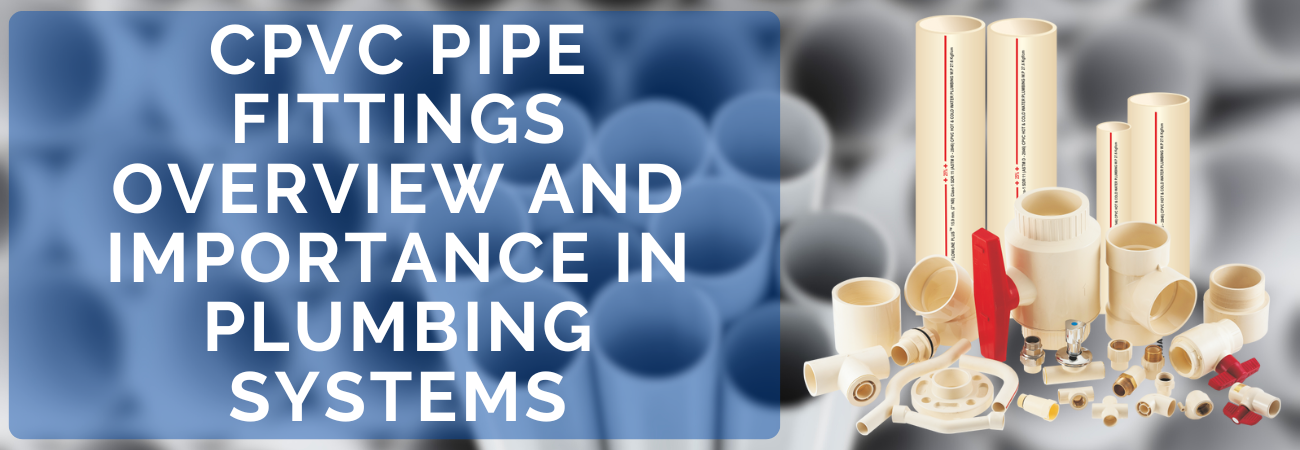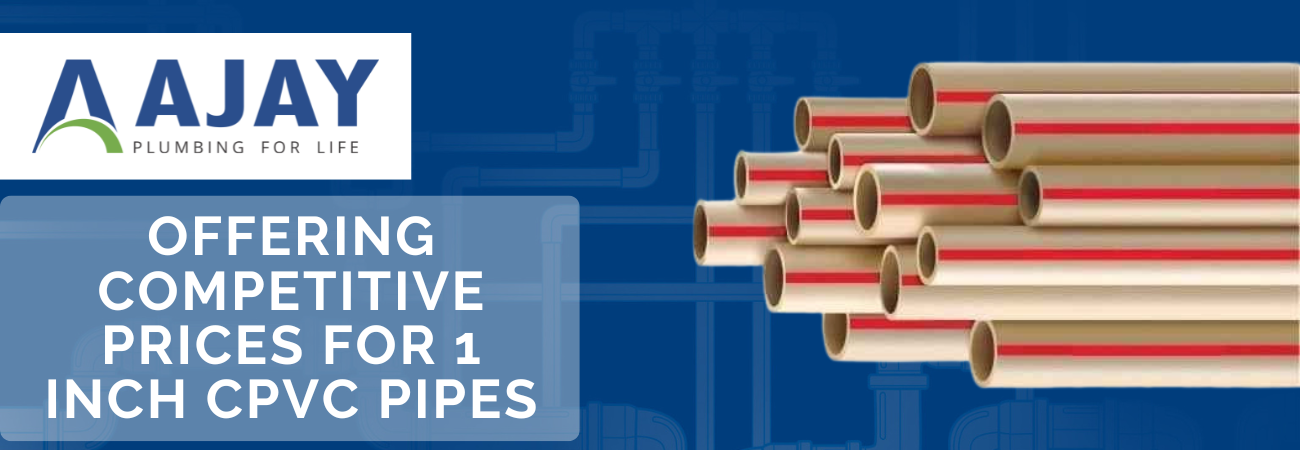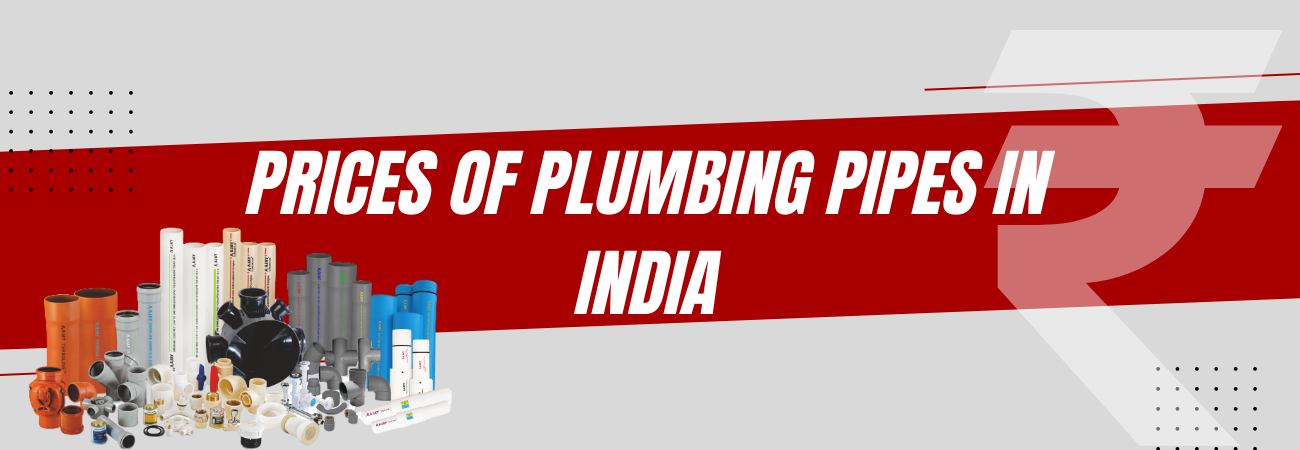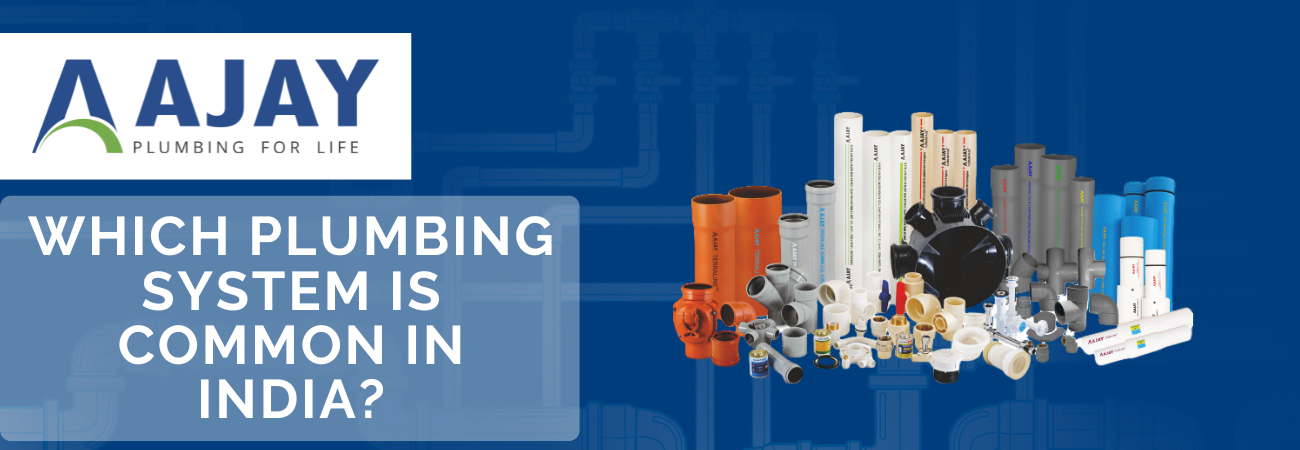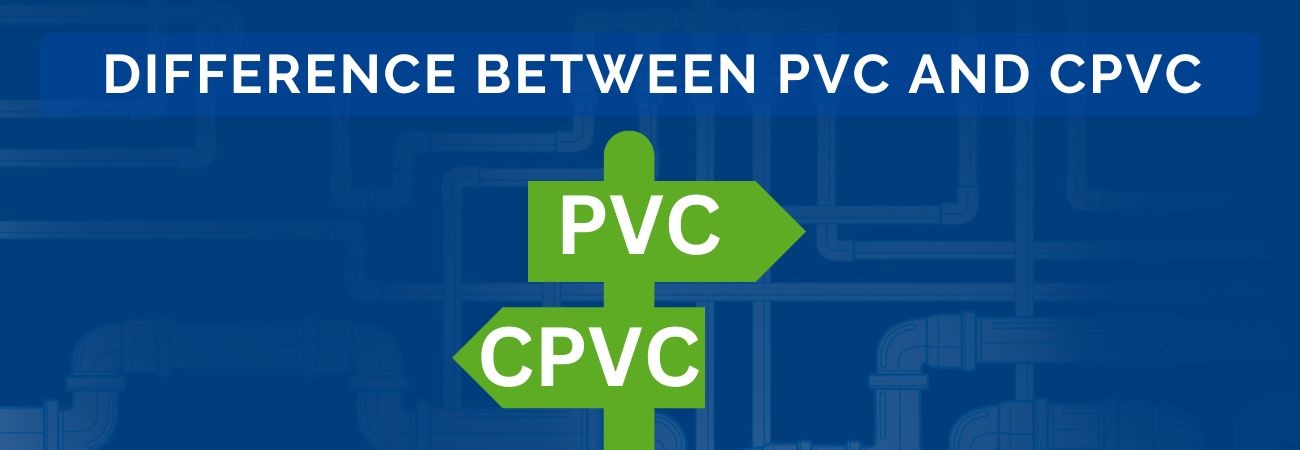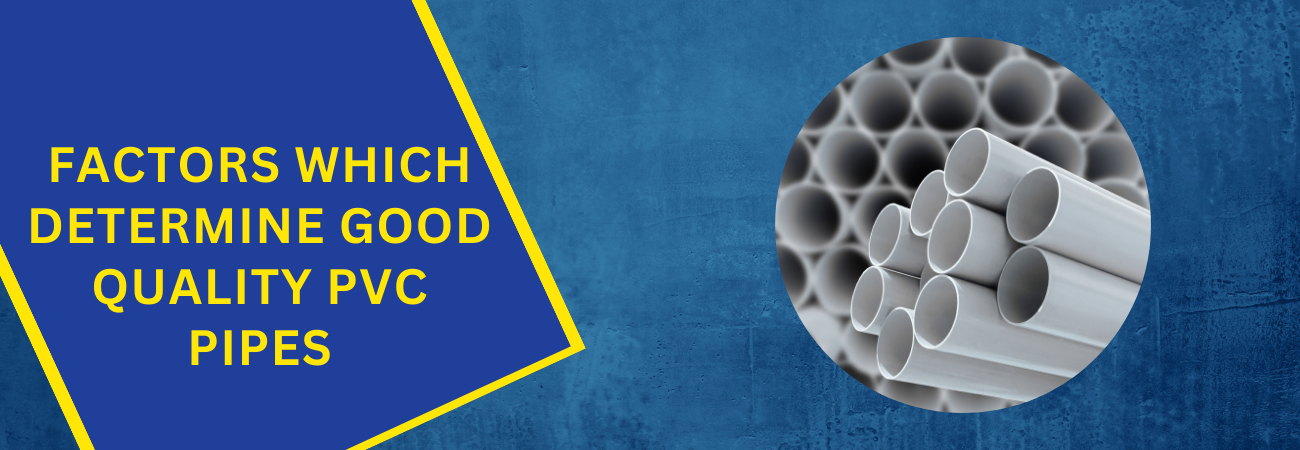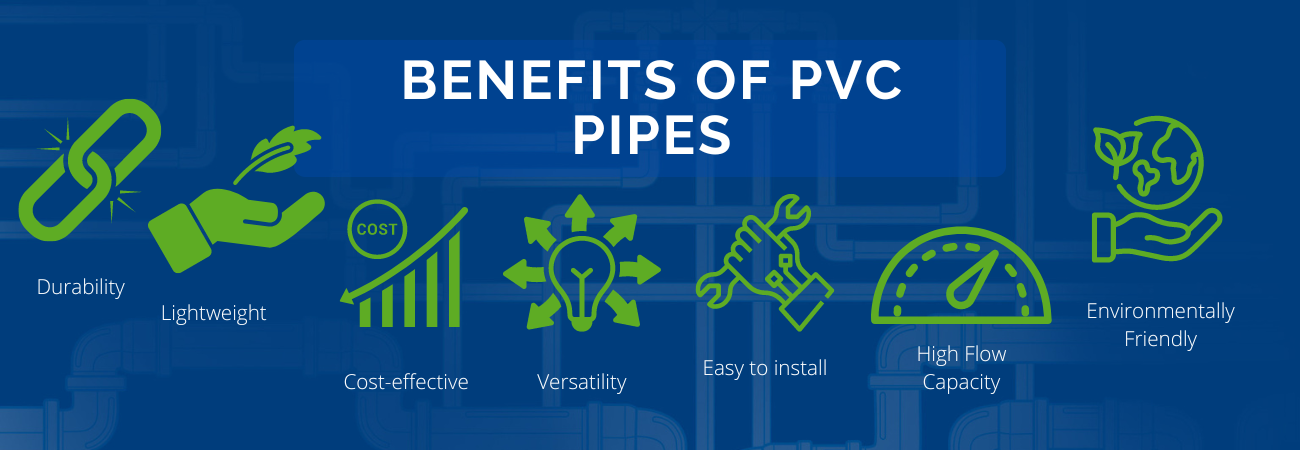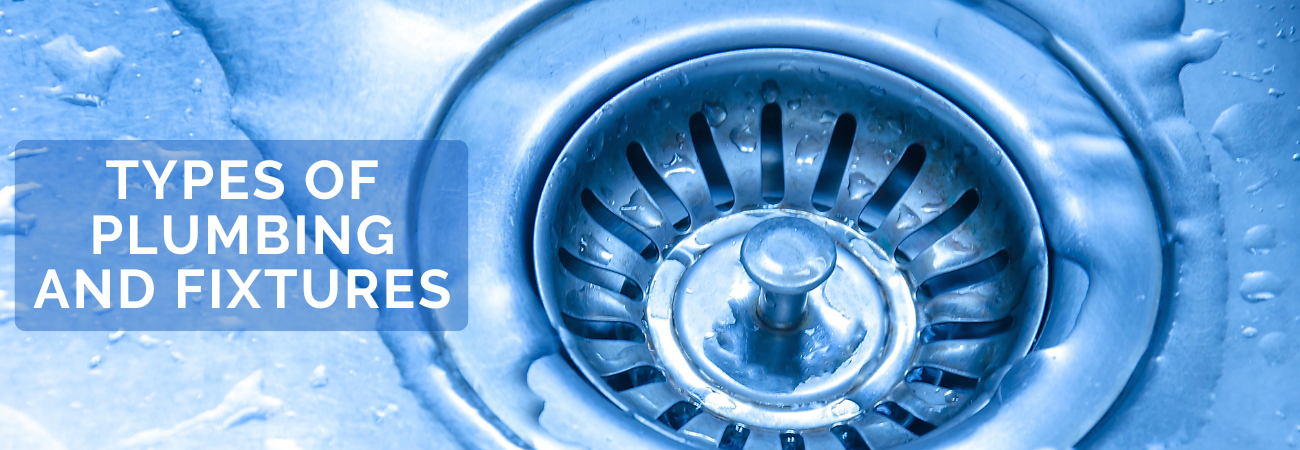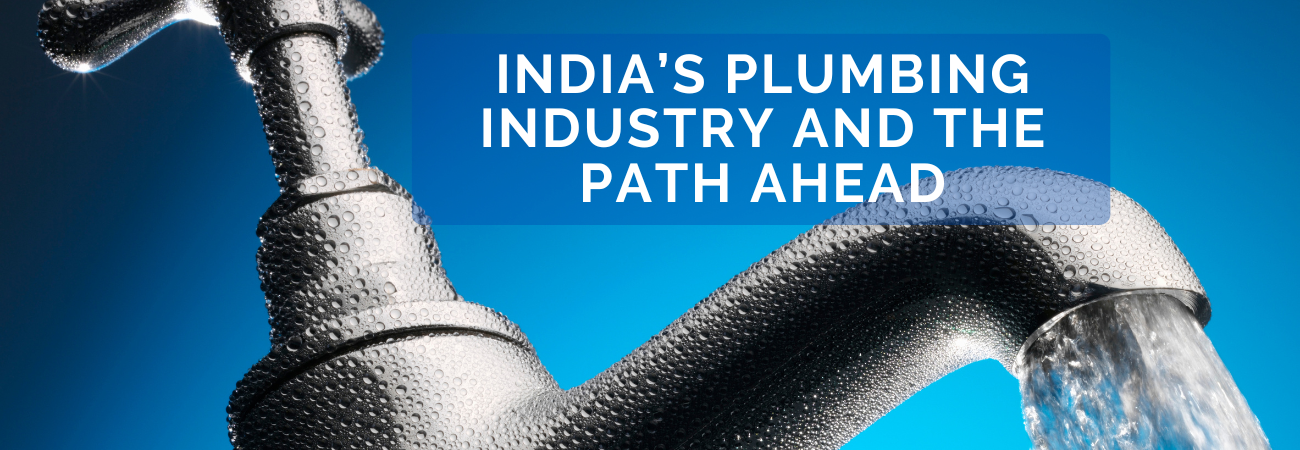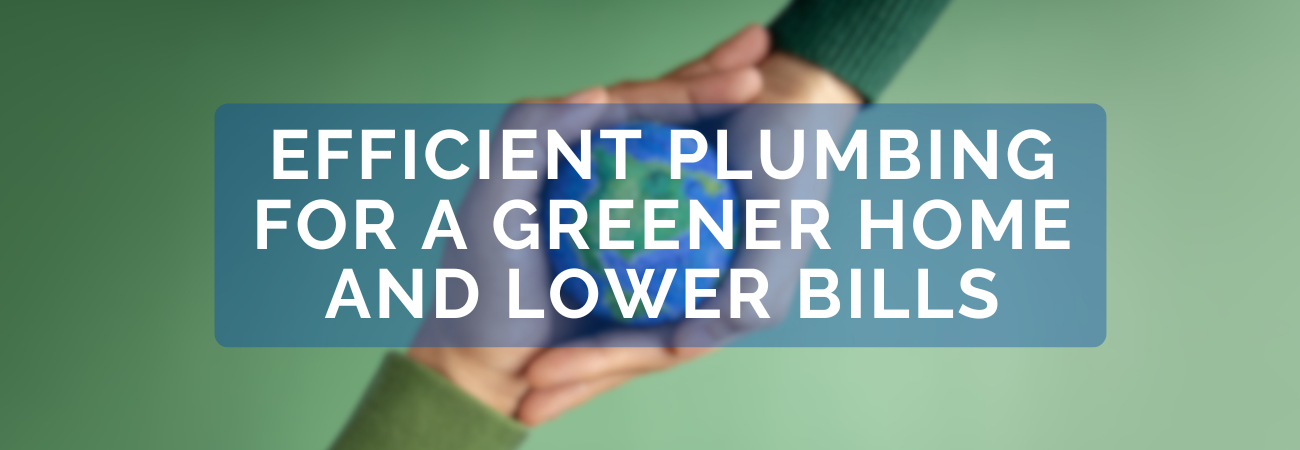Introduction
Polyvinyl Chloride (PVC) pipes are an essential component in various applications, from plumbing and irrigation to industrial systems. Among the different sizes available, the 1-inch PVC pipe is particularly versatile, commonly used in residential and commercial projects alike.
Factors Affecting the Price of 1-Inch PVC Pipes Understanding the various factors that influence the cost of 1-inch PVC pipes can help you make informed purchasing decisions. Here are the key elements that affect pricing:
1. Material Quality:
The quality of the PVC material used in the manufacturing process is a significant factor in determining the price. High-quality PVC pipes are made from pure virgin resin, which offers better durability, chemical resistance, and a longer lifespan. Conversely, pipes made from recycled PVC or with added fillers may be cheaper but could be less durable and prone to early degradation.
2. Schedule Rating:
The schedule rating of a PVC pipe refers to its wall thickness and pressure tolerance. Schedule 40 PVC pipes are the most common and are used in general-purpose applications where moderate pressure is involved. Schedule 80 pipes have thicker walls and can handle higher pressure, making them suitable for industrial applications. The thicker the pipe, the more material is required, which directly impacts the cost.
3. Brand and Manufacturer:
The brand of the PVC pipe also plays a role in its pricing. Established brands that have a reputation for high quality may charge more for their products. These brands often invest in better quality control, advanced manufacturing techniques, and superior materials, which contribute to a higher price. However, choosing a well-known brand can provide assurance of durability and performance, which
might be worth the extra cost in the long run.
4. Pipe Length:
PVC pipes are typically sold in standard lengths, such as 10 feet or 20 feet. The longer the pipe, the higher the cost. However, buying longer sections of pipe can sometimes be more economical than purchasing multiple shorter pieces, as it reduces the number of joints required, minimizing the risk of leaks.
5. Thickness and Diameter:
In addition to the schedule rating, the overall thickness and diameter of the pipe influence its price. Even within the 1-inch category, slight variations in wall thickness can lead to different prices. Thicker pipes are more expensive due to the additional material required.
6. Market Conditions:
The price of PVC pipes can fluctuate based on market conditions, including the cost of raw materials, demand, and supply chain factors. For instance, during periods of high demand in the construction industry, PVC pipe prices may rise.
Economic factors, such as oil prices (since PVC is a petroleum-based product),
can also impact costs.
7. Location and Shipping Costs:
Geographical location plays a significant role in the final price of PVC pipes. Areas with easy access to manufacturers and suppliers may have lower prices due to reduced shipping costs. Conversely, remote locations might see higher prices due to increased transportation expenses. When buying online, consider shipping costs, especially for bulk purchases or long pipe sections.
8. Type of Fittings and Accessories:
The type and number of fittings required for your project can also affect the overall cost. High-quality fittings that match the PVC pipe in terms of schedule and material can be more expensive. Additionally, specialized fittings, such as those used in complex irrigation systems or industrial setups, can add to the total cost.
9. Retailer and Bulk Discounts:
Where you buy your PVC pipe can also influence the price. Large home improvement stores might offer lower prices due to their ability to purchase in bulk and pass on the savings to customers. Online retailers may provide competitive pricing but could have higher shipping costs. Bulk purchases often come with discounts, making them more cost-effective for large projects.
How to Choose the Right 1-Inch PVC Pipe Selecting the right 1-inch PVC pipe for your project involves more than just considering the price. Here are some factors to keep in mind to ensure you choose the best pipe for your needs:
Consider the Application:
Determine the specific application for which you need the PVC pipe. For general plumbing or irrigation, Schedule 40 pipes are usually sufficient. However, if your project involves high pressure or exposure to harsh chemicals, Schedule 80 or specialized pipes may be necessary.
Check for Quality Certifications:
Ensure that the PVC pipe meets industry standards and certifications. Pipes certified by organizations like ASTM (American Society for Testing and Materials) or NSF (National Sanitation Foundation) ensure quality and safety, especially for potable water applications.
Consider the environmental conditions the pipe will be exposed to. For outdoor use, UV-resistant PVC pipes are preferable, as they are designed to withstand prolonged exposure to sunlight without degrading. If the pipe will be buried, ensure it is rated for underground use.
Calculate the Total Cost:
While the price per foot is important, also consider the total cost of your project. Factor in the cost of fittings, connectors, and any special tools required for installation. Sometimes, paying a little more upfront for higher-quality pipes can save money in the long run by reducing maintenance and replacement costs.
Consult with Experts:
If you’re unsure about which PVC pipe to choose, consult with professionals, whether at a plumbing supply store or with a contractor. Their expertise can help you select the right pipe that meets your needs while staying within your budget.
For any queries, contact the plumbing experts at Ajay pipes on the Toll Free No. : 1800-11-4050 or via email at our email address info@ajaypipes.com

